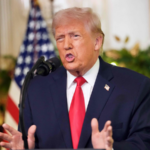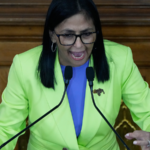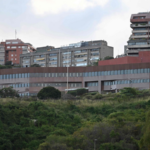Two Russian sailors detained during the controversial seizure of the Marinera oil tanker by U.S. forces have been released and are returning home, Russian Foreign Ministry spokeswoman Maria Zakharova confirmed on Wednesday, January 28, 2026. The development marks a partial de-escalation in a dispute that has strained U.S.-Russia relations this month.
"Two Russian sailors have been released and are on their way back to Russia," Zakharova stated during a press briefing, addressing questions about the Russian-flagged vessel seized in the North Atlantic. The Marinera, reportedly empty and linked to Venezuela, was intercepted by U.S. European Command forces on January 7 in what Washington described as a sanctions-related operation.
Moscow has repeatedly condemned the tanker's seizure as a "gross violation of international maritime law," with the Foreign Ministry issuing formal protests earlier this month. Analysts suggest the incident reflects broader geopolitical friction over energy trade routes and maritime jurisdiction.
While the sailors' release eases immediate diplomatic pressures, questions persist about the vessel's status and legal implications. The case has drawn attention from global shipping insurers and legal experts, particularly regarding enforcement actions in international waters. Observers note that resolution of the tanker's ownership and cargo disputes could set precedents affecting future maritime operations.
Reference(s):
Russia confirms two sailors freed from U.S. seized Marinera oil tanker
cgtn.com








